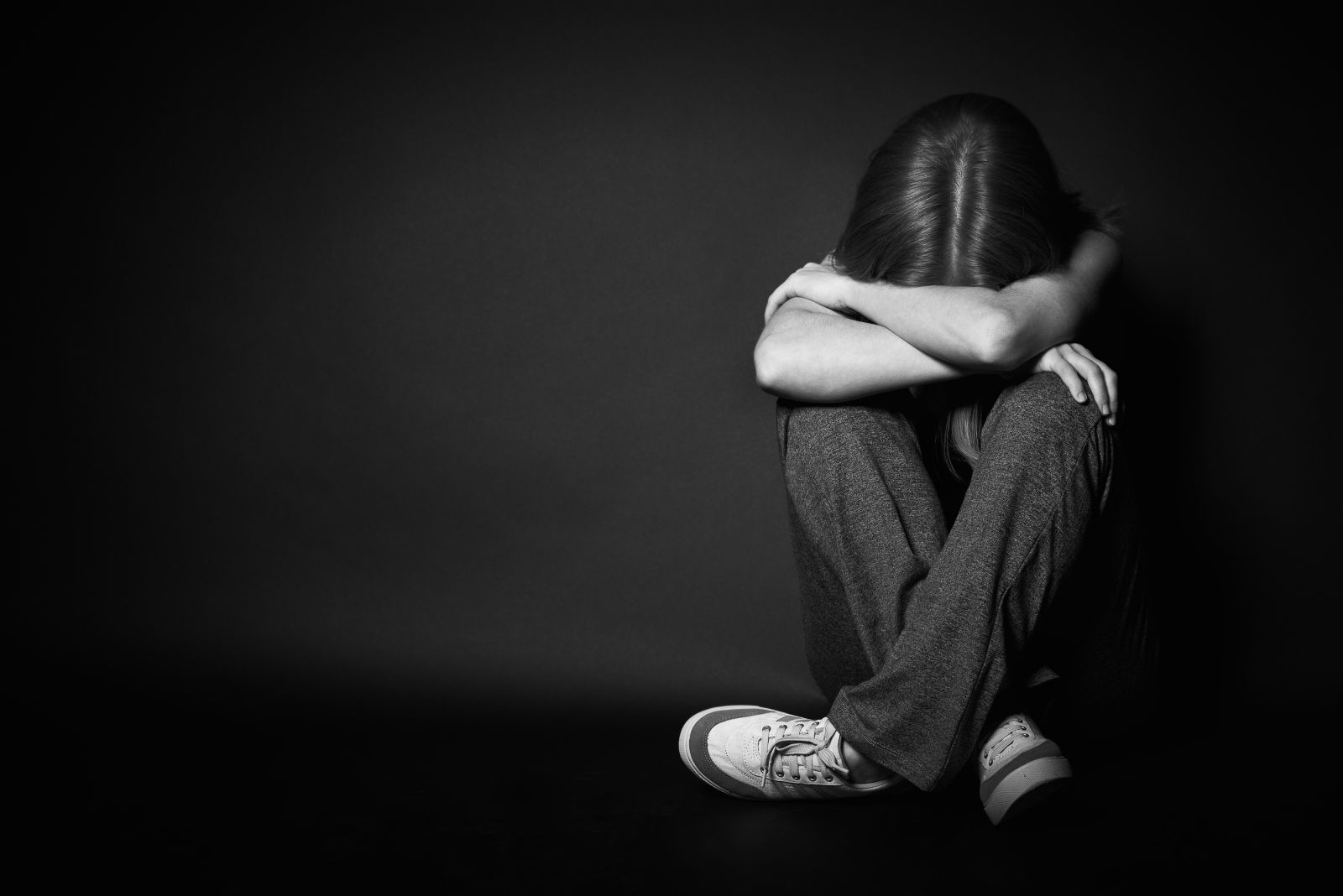Understanding depression in marriage and its effects on marriage is a key step to healing. It’s important for couples to express their feelings and seek help from friends, family, and a professional therapist if necessary. While depression in marriage is not a direct cause of divorce, recognizing it as a factor can help your relationship grow stronger. Here are a few things to consider:
Relationship Counseling
During a relationship, it’s vital to acknowledge that your partner is suffering from depression in marriage. By attending marriage counseling, you can help your partner express their feelings and desires without feeling alone. Depression is a difficult mental condition, and it can put tremendous pressure on relationships. A marriage counselor can provide guidance for both partners during a depression-related session. This is a helpful step for both spouses.
One of the most challenging things a partner experiencing depression in marriage may do is to communicate with you. If your partner is depressed, you may find yourself unable to understand what they are going through. Moreover, your partner may find it exhausting to communicate and may withdraw from activities they once enjoyed together. You might begin to suspect that your partner has another love interest or has cheated on you. If your partner has been depressed for a long time, it’s a good idea to seek a therapist to help you understand their feelings and concerns.

Open Communication
Couples who are dealing with depression in marriage should openly discuss it. If their spouse has a depressive illness, they need to discuss the changes in their conversation. If they’re not depressed, they may give in to feelings of self-blame, despair, and resentment. They may even think they must leave in order to save themselves. In these situations, it’s a good idea to get help from friends, family, and a professional therapist. Managing depression in a marriage doesn’t mean divorce, but it can help it. Accepting that depression can be a factor in a marriage can strengthen the bond between the two partners.
Couples who have a depressed spouse may question their own roles in the marriage. While healthy spouses may consider themselves attractive, those who suffer from depression may question their own attractiveness. The signs of major depression include a diminished interest in enjoyable activities. Social withdrawal and physical affection are also common signs. Even though a depressed spouse may look better than their partner, this lack of understanding can cause additional issues. If a spouse is depressed, he or she will probably question their worth and their ability to improve.
Drug and Alcohol Abuse
A significant number of people suffer from depression at some point in their life. While substance abuse may provide a feeling of pleasure, it can also contribute to depression in marriage. Studies show that as many as one-third of individuals with major depression have a substance abuse problem. Clinical depression is characterized by a range of symptoms that interfere with daily living. While it is difficult to pinpoint a specific trigger for depression, it usually occurs after a period of time.
Substance abuse affects not only the person who uses drugs, but also the people around them. As a spouse, you cannot help but feel helpless as you watch your partner struggle. This can make you more prone to depression and anxiety. As a result, you might not even realize that you’re at risk for depression yourself if you’re a spouse who is addicted to substances.
Addictions affect many aspects of a marriage. It can affect fertility, which has a direct effect on the relationship. Children of addicted parents are three times more likely to divorce. Additionally, substance abuse affects communication and can result in problems with money. For example, children of addicted parents are more likely to have a child or to use drugs. And even if you don’t experience divorce, your marriage isn’t over just yet.
Suicide Thoughts
The current study investigated the relationship between suicide ideation and self-esteem, and found that self-esteem was significantly related to depression. Depression was associated with higher positive suicide ideation, and self-esteem was also statistically significant. These results suggest that self-esteem and depression play a crucial role in suicide ideation. The researchers also concluded that negative ideation may be the result of societal pressures, such as the negative role that depression plays in marriages.
The study shows that suicide risk is higher for those who have marital discord. However, the study also found that people who are happy in a relationship are less likely to commit suicide. Although this does not mean that unhappy people are at higher risk for suicide, these statistics are encouraging. Suicide attempts in marriages are rare and should not be underestimated. However, if marriage discord persists, the relationship may be at risk for breakdown.
There are many different causes of suicidal thoughts. Suicidal feelings may appear as fleeting thoughts or as active preparations. Whether it is passive or active, the thoughts are extremely frightening and should be treated. A loved one’s concern about the suicidal thoughts should not be dismissed. Despite the negative consequences of such talk, it is crucial to seek help if you suspect that your spouse is suffering from depression in marriage.
Genetic Predisposition
There is considerable interest in identifying the genetic factors influencing depression in marriage. Heritability is the ratio of phenotypic characteristics to genetic makeup, and the impact of these factors on depression is a central issue in the field. However, traditional heritability studies relied on self-reported family relationships to measure genetic relatedness. In contrast, studies using thousands of single nucleotide polymorphisms (SNPs) can provide more accurate information about familial relatedness.
It has been suggested that both genders are responsible for the prevalence of depressive symptoms. However, the relationship between depression and gender is more complex than this. The impact of depression on a marriage depends on how each person is affected by the depression. The role of genes in depression cannot be fully understood. However, studies have shown that depression is often caused by the prevailing gender and culture. However, some couples are more susceptible to depression in marriage than others.



















